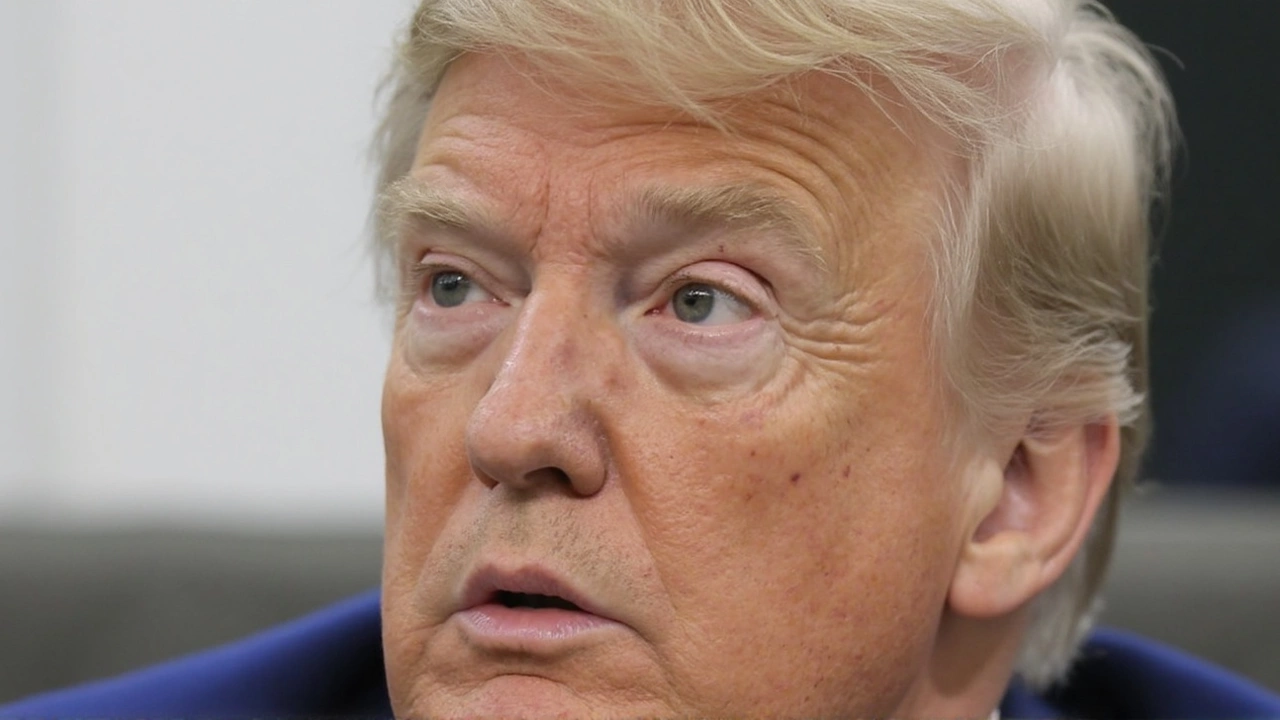Nuclear Negotiations: What They Are and Why They Matter
When you hear the term “nuclear negotiations,” it can sound like something only diplomats and scientists care about. In reality, these talks affect every person on the planet because they decide how many nuclear weapons exist and who can use them. In simple terms, nuclear negotiations are talks between countries to limit, reduce, or manage nuclear weapons and related technology.
Why do nations sit down at a table for these talks? The main reason is safety. Nuclear weapons are incredibly destructive, and a single mistake could cause massive loss of life. By agreeing on rules, countries lower the chance of accidents, reduce the risk of an arms race, and build trust that can prevent wars.
Key Elements of a Nuclear Deal
Most nuclear agreements share a few core parts. First, there’s a limit on how many weapons each side can keep. Second, there are verification measures—things like inspections, satellite monitoring, or data exchanges that prove everyone is sticking to the limits. Third, the deals often include steps to stop the spread of nuclear technology to new countries, a process called non‑proliferation.
Take the historic New START treaty between the US and Russia. It caps the number of deployed strategic warheads at 1,550 for each side and allows on‑site inspections. Without those checks, each side could claim compliance while secretly building more weapons.
Current Hot Topics in Nuclear Talks
Right now, three areas dominate the headlines. The first is the ongoing dialogue between the United States and Iran over the JCPOA (Joint Comprehensive Plan of Action). The deal aimed to limit Iran’s uranium enrichment, but recent setbacks have left the future uncertain.
The second hot spot is the relationship between North Korea and the international community. North Korea continues to test missiles, and talks aim to freeze or roll back its nuclear program, often linked to wider security guarantees.
Finally, there’s a growing push for a global ban on nuclear weapons, championed by the Treaty on the Prohibition of Nuclear Weapons (TPNW). While many nuclear‑armed states haven’t signed, the treaty influences public opinion and puts pressure on governments to negotiate stricter limits.
What can ordinary people do? Stay informed about these negotiations, support organizations that promote arms control, and vote for leaders who prioritize diplomatic solutions over brinkmanship. The more public demand for safe policies, the more likely governments will keep talks moving forward.
In short, nuclear negotiations are not just elite discussions—they’re a vital part of keeping the world safer. By understanding the basics—limits, verification, and non‑proliferation—you can see why each new agreement matters and how it shapes the future of global security.
Kieran Lockhart, Jun, 20 2025
Trump Faces Countdown on Iran Strike Decision as U.S. Balances Diplomacy and Israel’s Pressure
President Trump has about two weeks to decide if the U.S. will join Israel’s push for military action against Iran, hinging on last-chance talks with Tehran. Washington demands a total halt to Iran’s uranium enrichment. Trump approved plans for an attack but has yet to commit, stressing diplomacy while Israel worries about U.S. delays.
View More




